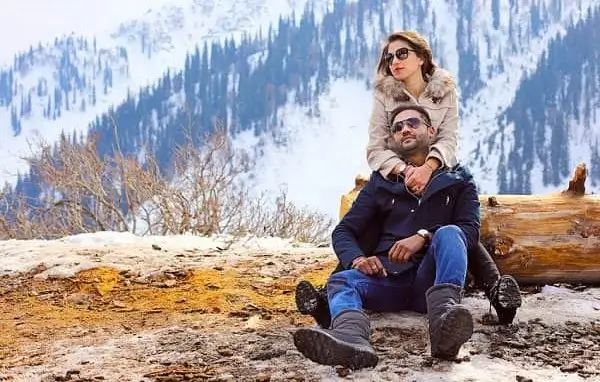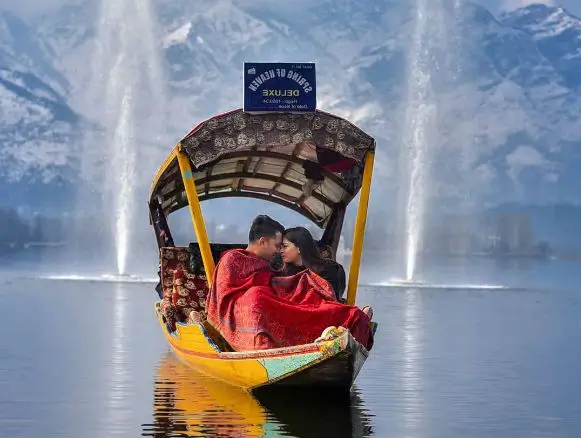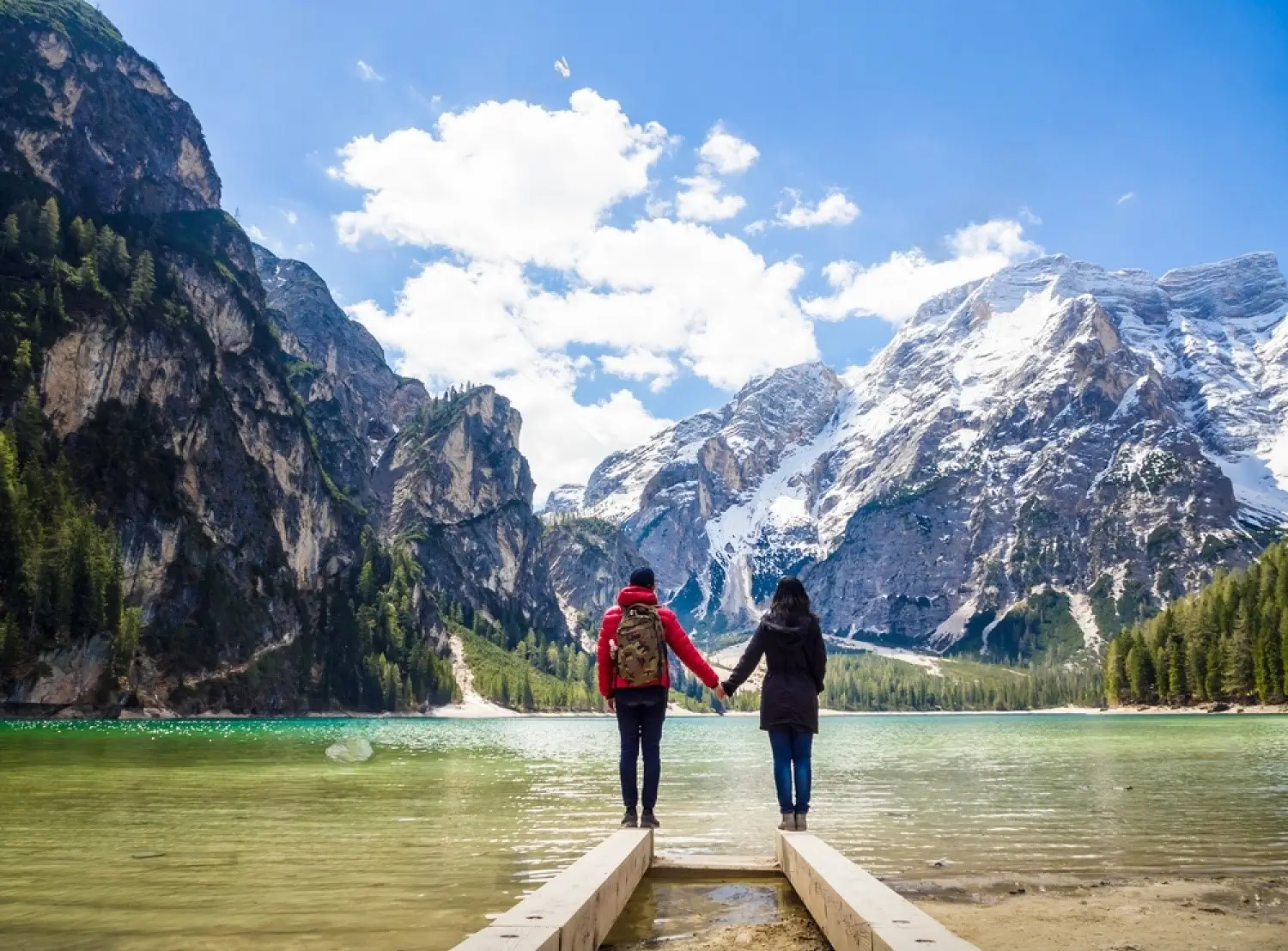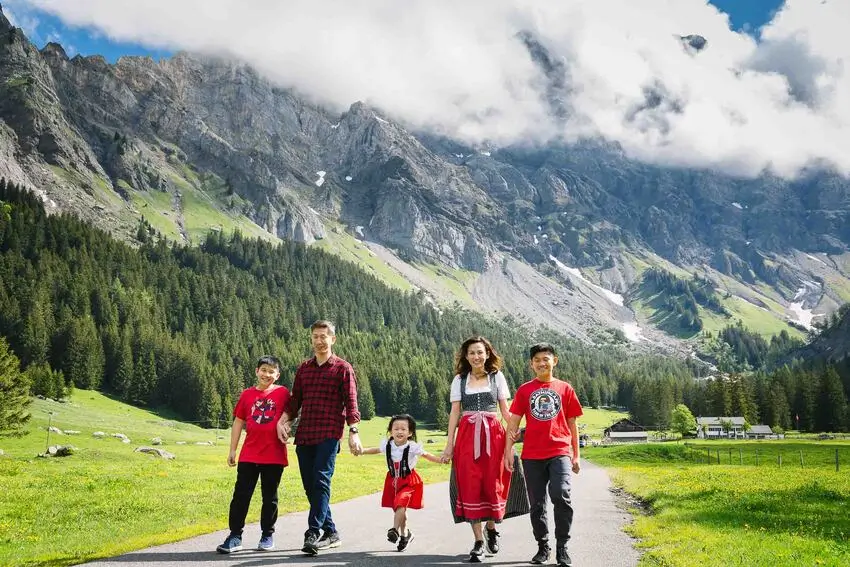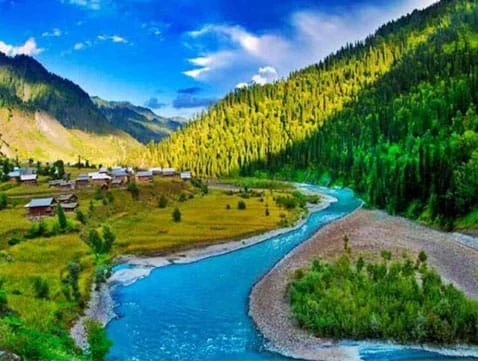
Introduction
Nestled in the heart of the Himalayas, Kashmir has long been
celebrated as "Paradise on Earth" for its breathtaking landscapes,
serene lakes, and snow-capped peaks. Yet, the region’s true beauty lies not
just in its natural wonders but in the warmth and resilience of its people. The
recent tragic event in Pahalgam on April 22, 2025 has cast a shadow over this
paradise. Our hearts go out to the victims and their families, and we stand in
solidarity with the people of Kashmir during this difficult time. However, even
in the face of adversity, Kashmir’s spirit remains unbroken, and its doors are
open to those who seek to experience its magic. This is a call to rediscover
the beauty, hospitality, and hope that define Kashmir—and to support its
recovery by returning to its valleys.
The Heart of Kashmir: More Than Just a Destination
Kashmir’s tourism industry is the lifeblood of its economy,
providing livelihoods for countless families and fostering a deep sense of
pride among locals. From the iconic houseboats on Dal Lake to the vibrant
markets of Srinagar, every corner of Kashmir tells a story of resilience and
hospitality. Despite the challenges, the people of Kashmir have always welcomed
visitors with open arms, offering a warmth that turns strangers into friends.
This spirit is what makes Kashmir not just a destination, but an experience—one
that leaves a lasting impression on every traveler’s heart.
Stories of Hope: The True Spirit of Kashmir
Even in the aftermath of tragedy, the kindness of Kashmiris
shines through. Tourists who were in the region during the recent event have
shared heart-warming stories of locals going above and beyond to ensure their
safety and comfort. One traveler recounted how a Kashmiri family offered them
shelter, food, and reassurance during a moment of uncertainty, exemplifying the
true essence of Kashmiri hospitality. Another visitor, a South African tourist,
praised the locals for their unwavering support, stating, “I have only seen
love and respect from the Kashmiri people. They went out of their way to help
tourists—one even gave his life. Kashmiris are among the most hospitable people
in India.” These stories are a testament to the region’s enduring spirit and
the deep bond between its people and those who visit.
A Commitment to Safety: Rebuilding Trust
The safety of tourists is paramount, and the recent event
has prompted a renewed focus on security. The government and local authorities
are working tirelessly to enhance safety measures, ensuring that Kashmir
remains a welcoming destination for all. Increased security presence, closer
collaboration between tourism operators and security agencies, and proactive
steps to prevent future incidents are already underway. While the road to
recovery may take time, these efforts reflect a strong commitment to rebuilding
trust and creating a safe environment for visitors. Tourists are encouraged to
stay informed through official channels and travel with reputable operators to
ensure a smooth and secure experience.
Why Kashmir Needs You Now
Kashmir’s recovery depends on the return of tourism. By
visiting, you not only get to witness the unparalleled beauty of its
landscapes—from the tranquil waters of Dal Lake to the majestic peaks of
Gulmarg—but also contribute to the local economy and the livelihoods of its
people. Every trip you take, every souvenir you buy, and every meal you enjoy
helps rebuild the region’s future. Moreover, your presence sends a powerful
message of solidarity and hope, showing that fear will not overshadow the
beauty and resilience of Kashmir. As one local artisan put it, “The people here
depend completely on tourism. That is the source of livelihood.” Your visit can
make a difference.
A Call to Rediscover Paradise
Kashmir is more than a place—it’s a feeling, a memory, a
story waiting to be told. The recent tragedy is a reminder of the challenges
the region faces, but it is also a testament to its strength and the unwavering
hospitality of its people. We invite you to come back to Kashmir, to explore
its hidden gems, to meet its extraordinary people, and to be part of its
journey toward healing. Whether you’re seeking adventure in its mountains,
peace by its lakes, or a deeper connection with its culture, Kashmir awaits
with open arms.
Let’s come together to rediscover the magic of Kashmir and help it thrive once again. Plan your visit to Kashmir, share your stories, and be part of the valley’s brighter tomorrow.
Frequently Asked Questions (FAQs)
1. Is Kashmir safe for tourists right now?
While the recent tragic event in Pahalgam on April 22, 2025, has raised
concerns, Kashmir remains a welcoming destination for tourists. The government
and local authorities are working diligently to enhance safety measures, and
tourists are encouraged to stay informed through official channels. Many
tourists who were in the region during the event have shared positive
experiences of local hospitality and support.
2. What happened in Pahalgam, and how has it affected tourism?
On April 22, 2025, a terror attack in Pahalgam claimed 26 lives, casting a
shadow over Kashmir's tourism industry. The attack led to a wave of
cancellations, impacting the peak tourist season. However, industry insiders
remain optimistic about a medium to long-term recovery, citing historical data
from similar incidents where tourism has shown resilience.
3. Are there any travel advisories or restrictions for visiting Kashmir?
It's crucial to check the latest travel advisories issued by your government
before planning a trip to Kashmir. Different countries may have varying levels
of advisories, so consult your own government's travel website for accurate
information. Additionally, some areas may have specific restrictions, so
staying informed is key.
4. What measures are being taken to ensure tourist safety in Kashmir?
In response to recent events, the government has increased security presence
and is collaborating closely with tourism operators and security agencies to
prevent future incidents. Efforts include enhanced safety protocols and
proactive steps to create a secure environment for visitors. Tourists are
advised to travel with reputable operators to ensure a smooth experience.
5. How can tourists support the local economy in Kashmir?
By visiting Kashmir, tourists directly contribute to the local economy,
supporting livelihoods dependent on tourism. Every trip, purchase, and meal
helps rebuild the region's future. Engaging with local businesses, artisans,
and service providers is a meaningful way to show solidarity and support.
6. What are the must-visit places in Kashmir for tourists?
Kashmir offers a wealth of breathtaking destinations, including Dal Lake,
Gulmarg, Pahalgam, Sonmarg, and the Mughal Gardens in Srinagar. Each location
provides unique experiences, from serene boat rides to adventurous mountain
activities.
7. When is the best time to visit Kashmir?
The best time to visit Kashmir is from March to October, when the weather is
pleasant and the natural beauty is at its peak. Spring brings blooming gardens,
while summer offers cool retreats, and autumn showcases vibrant foliage.
8. How has the tourism industry in Kashmir recovered after recent events?
Despite challenges, Kashmir's tourism industry has shown resilience. In recent
years, there has been a significant increase in tourist arrivals, with record
numbers visiting the region. The government and local stakeholders are
committed to promoting sustainable tourism and ensuring a positive experience
for visitors.
9. Are there any specific guidelines or tips for tourists planning to visit Kashmir?
Tourists should stay informed about the current situation, follow local
guidelines, and respect cultural norms. It's advisable to book through
reputable travel operators, carry necessary identification, and maintain
flexibility in travel plans. Engaging with locals and experiencing the culture
respectfully can enhance the travel experience.
10. How can I stay updated on the current situation in Kashmir before planning my trip?
To stay updated, monitor official government travel advisories, follow
reputable news sources, and consult with local tour operators or travel
agencies. Social media and travel forums can also provide insights from recent
visitors.


